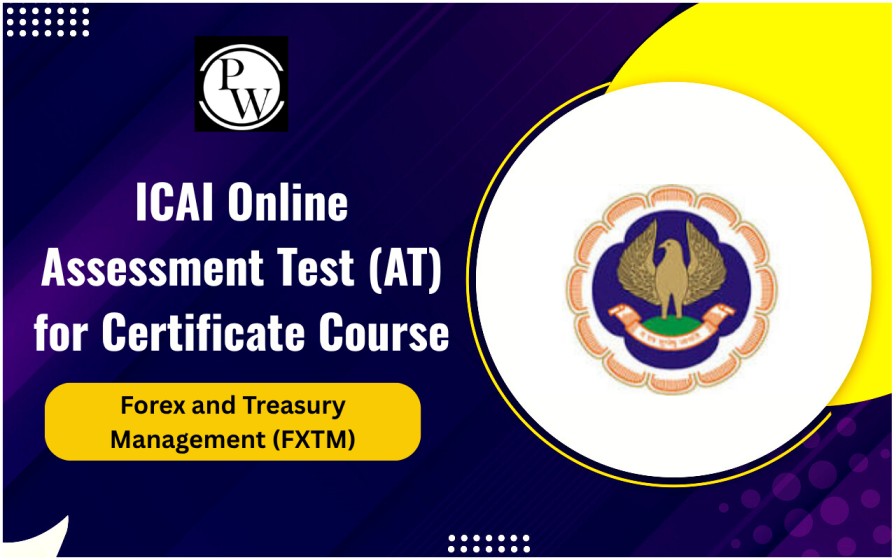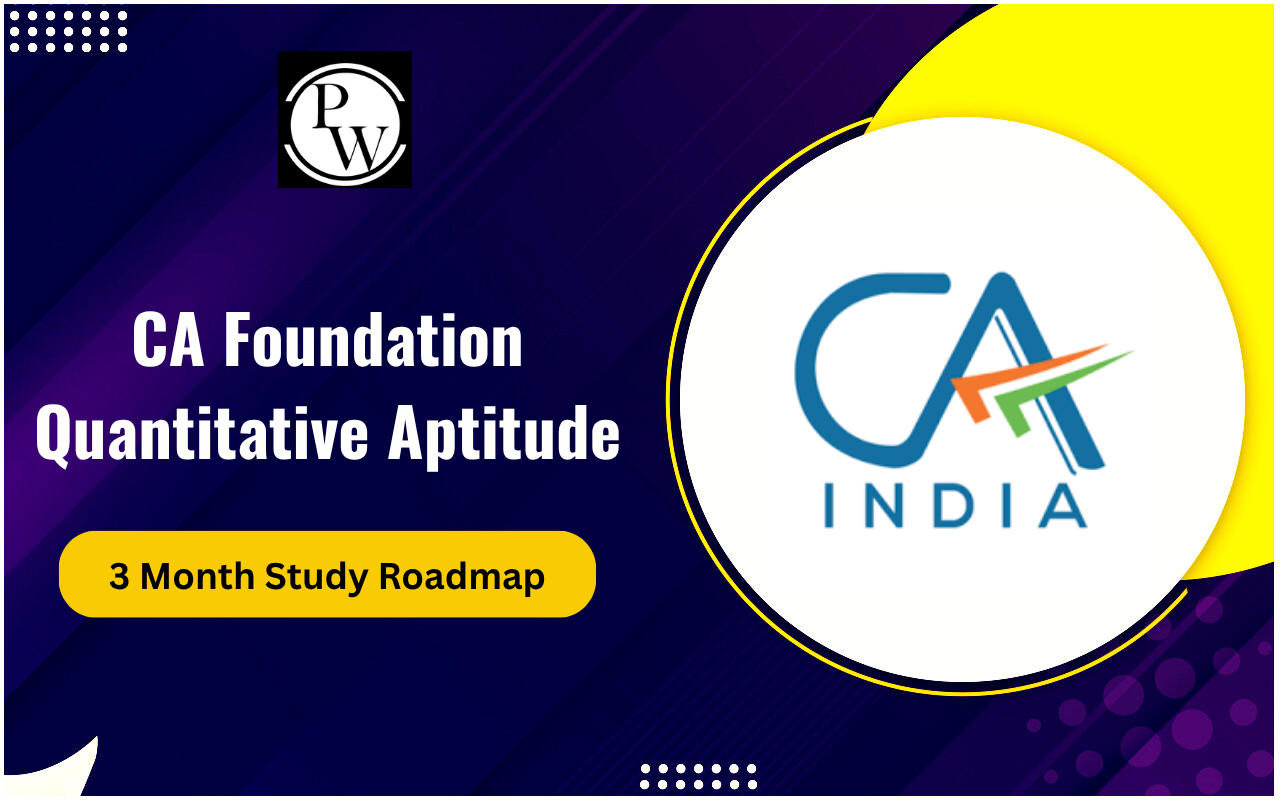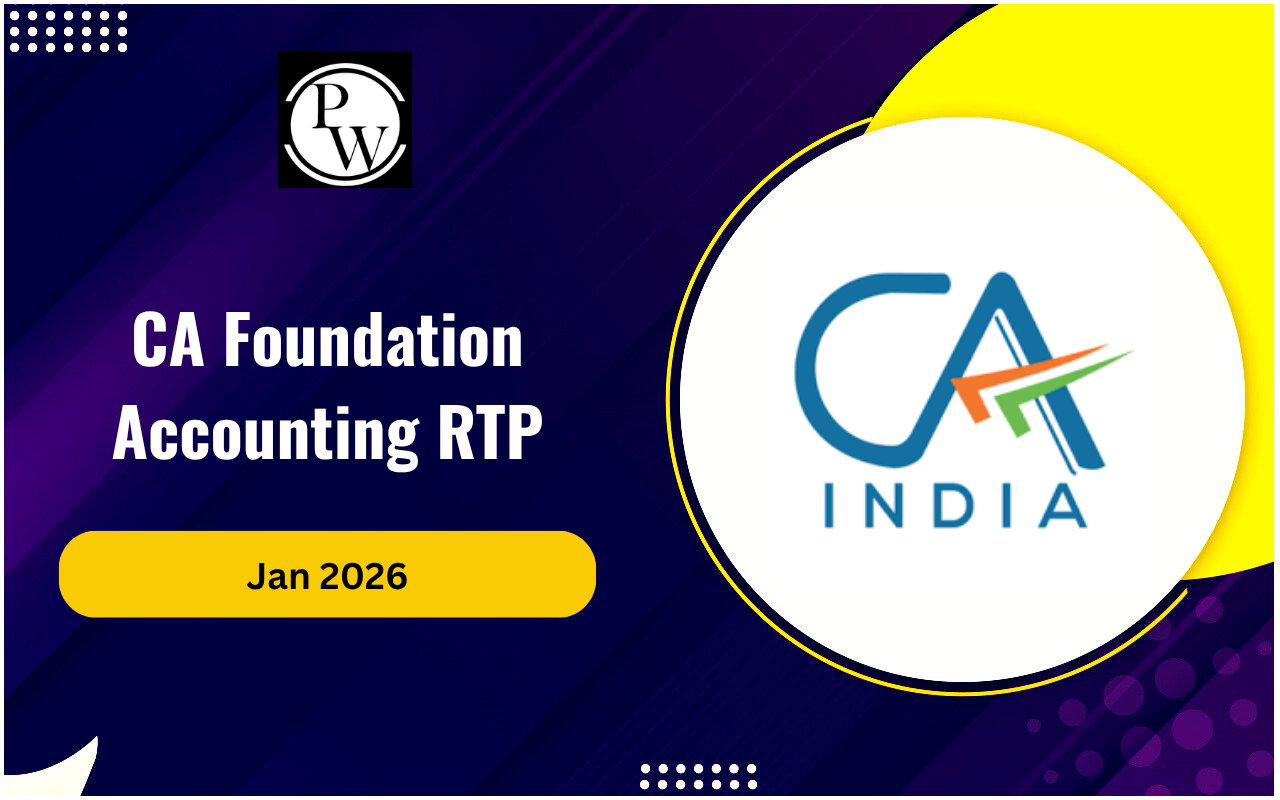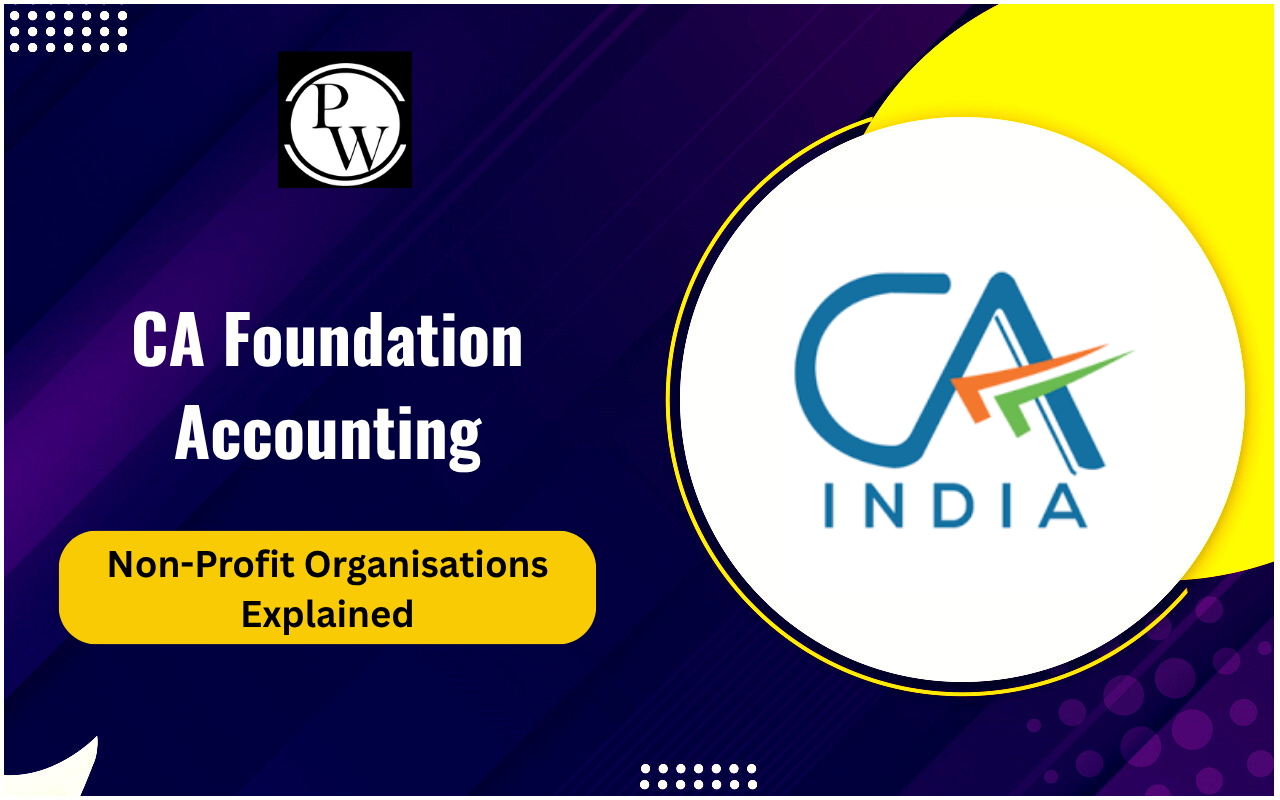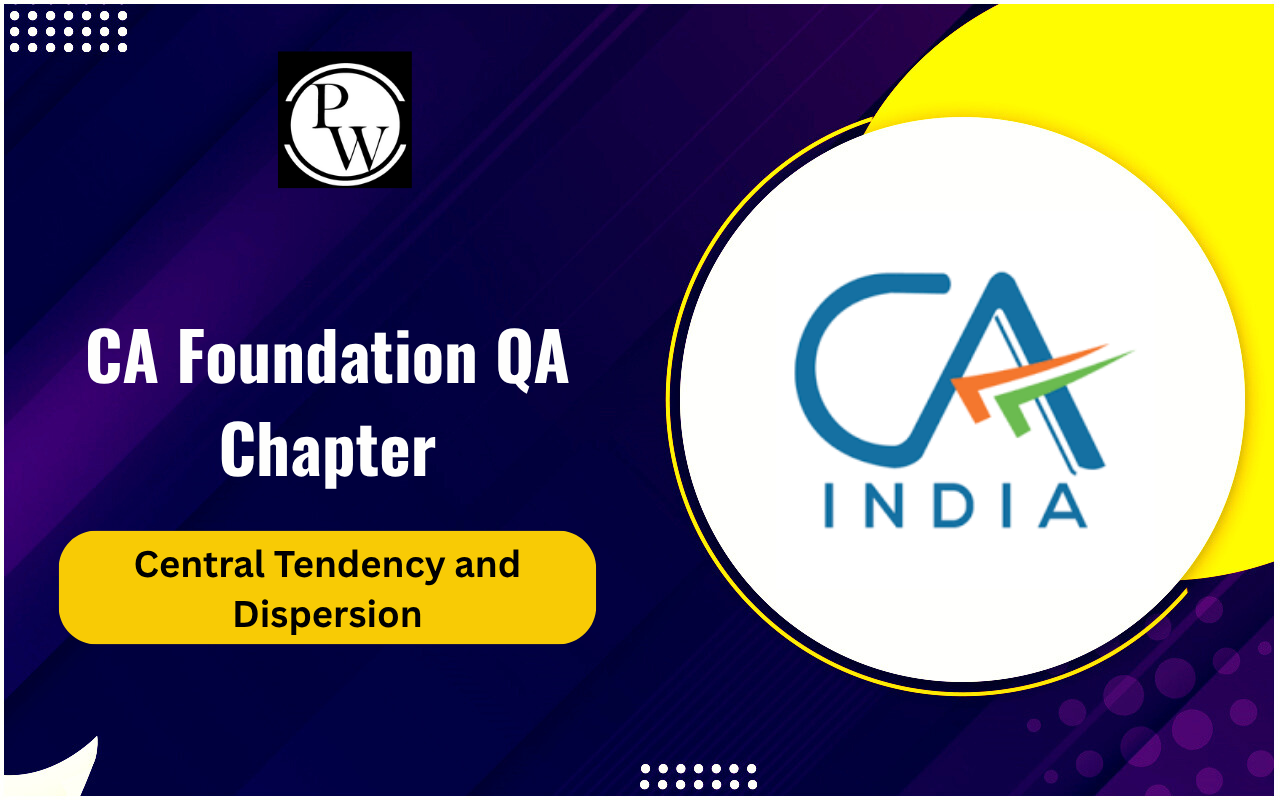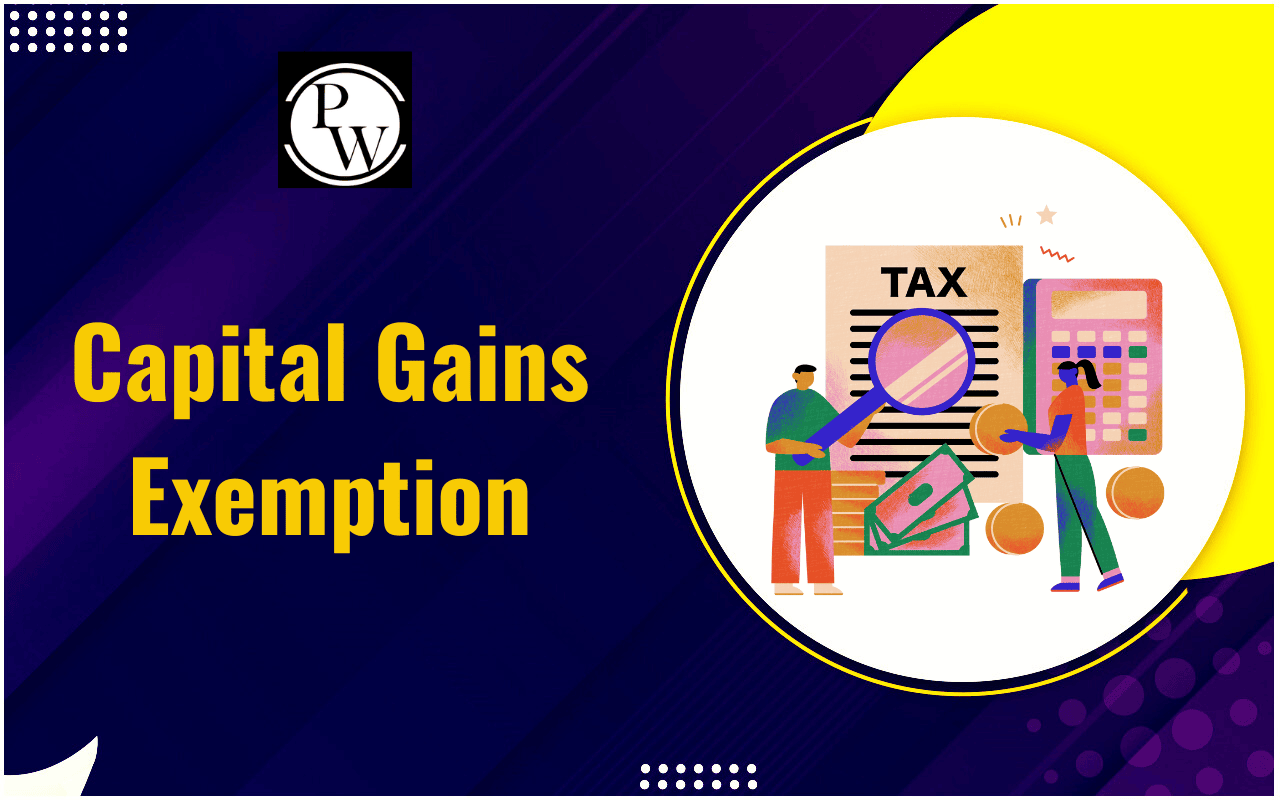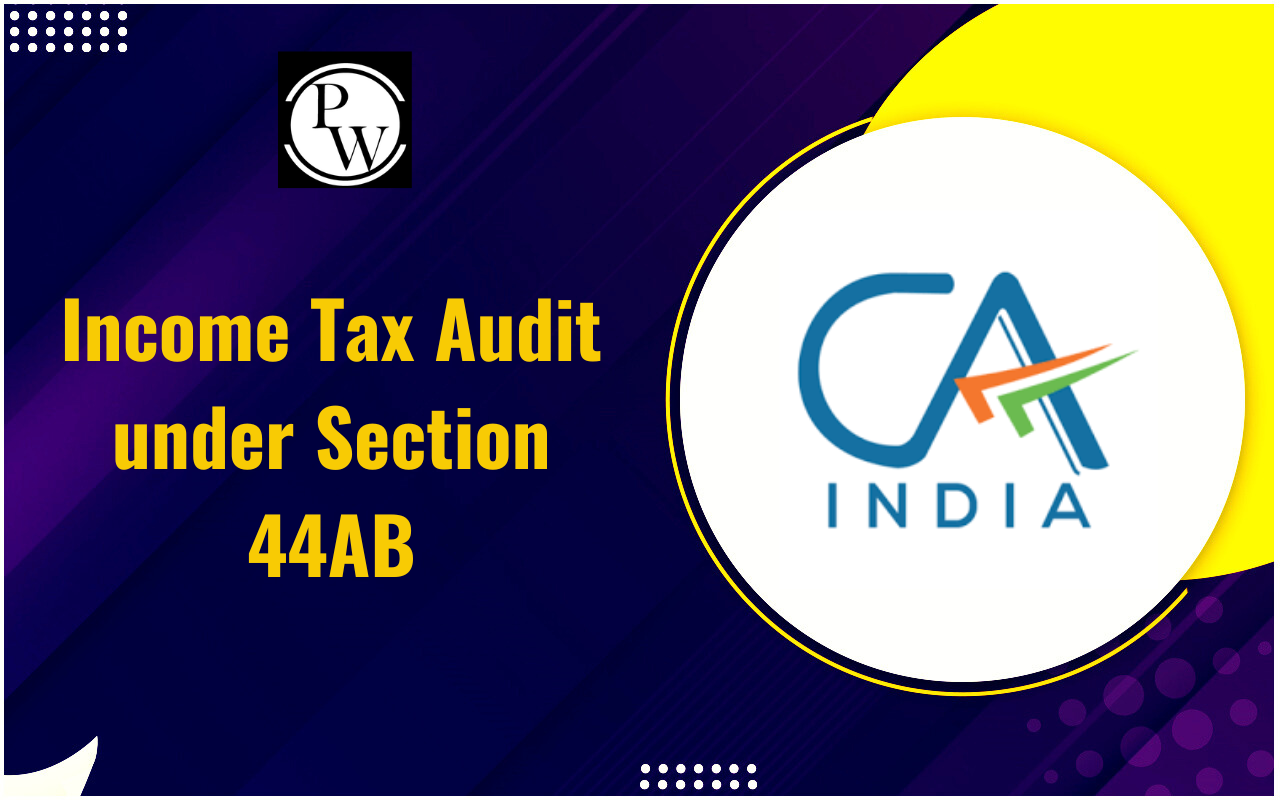
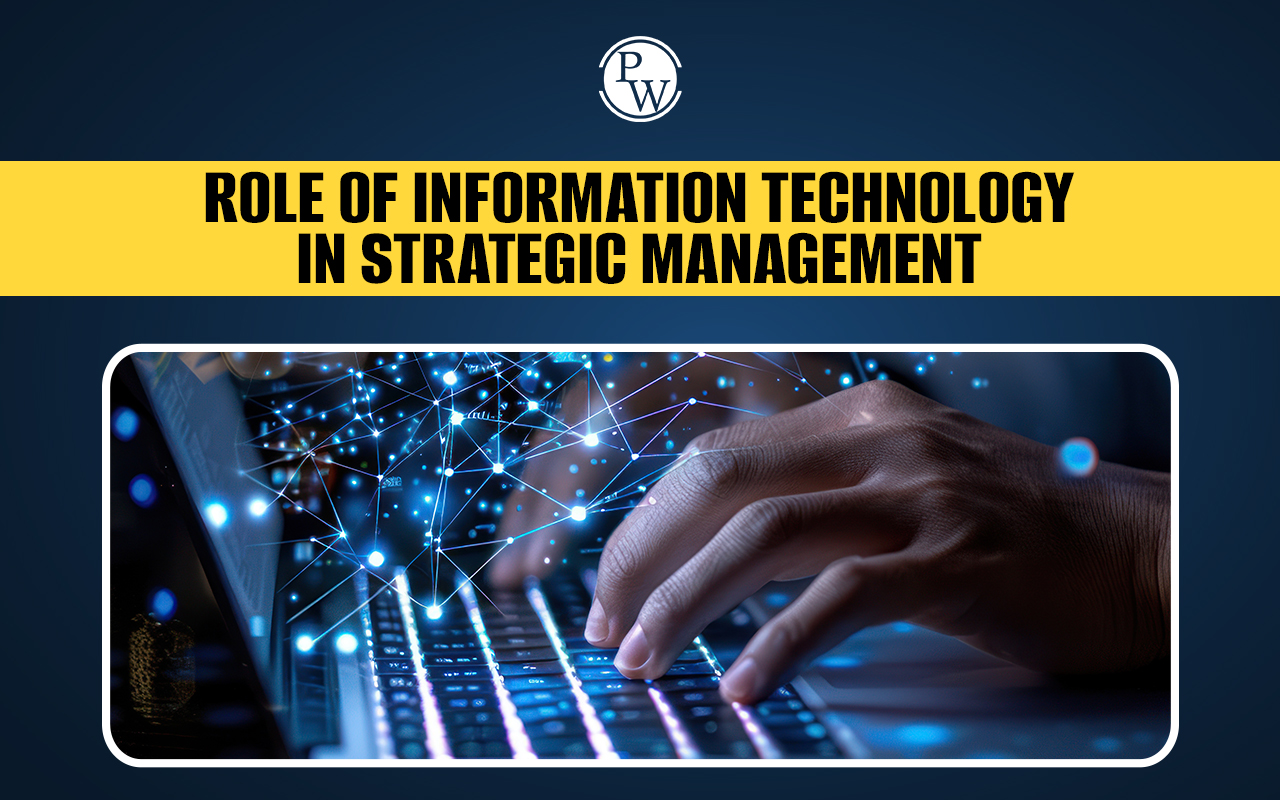
In the quickly changing corporate environment of today, Information Technology (IT) plays a critical role in transforming industries and shaping how professionals, particularly Chartered Accountants (CAs) , carry out their duties. For CAs, strategic management is essential to not only manage the financial health of organizations but also to ensure long-term growth and sustainability.
Strategic management involves making informed decisions, setting long-term goals, and allocating resources effectively to achieve organizational objectives. By integrating Information Technology into their strategic management processes, CAs can enhance their decision-making, improve efficiency, and drive innovation in financial management.Understanding Strategic Management in Accounting
Strategic management in the field of accounting involves the following key processes: Goal Setting: Defining clear and measurable financial objectives that align with the company’s vision and mission. Financial Analysis: CAs must conduct detailed analyses of a company's financial data, identifying trends, risks, and opportunities. This analysis helps businesses understand their current financial status and develop strategies accordingly. Resource Allocation: Efficient allocation of resources, including budgeting and financial planning, to ensure that the company is using its financial assets effectively. Strategy Formulation and Execution: Based on financial insights, CAs help formulate strategies related to cost management, investment decisions, and revenue generation. They also oversee the implementation of these strategies, ensuring that financial goals are met. Monitoring and Evaluation: Tracking the progress of financial strategies and evaluating their effectiveness, allowing for adjustments when necessary. IT has a significant influence on all these stages, providing the tools and systems needed to optimize financial processes and achieve better outcomes.Information Technology
Since the development of strong Information Technology systems, the role of Chartered Accountants has expanded beyond traditional bookkeeping and auditing to encompass strategic advisory services. Automation, data analytics, cloud computing, and artificial intelligence (AI) are now key enablers in strategic management for CAs. These technologies streamline processes, enhance decision-making capabilities, and provide deeper insights into financial data.Automation and Efficiency
Automation is a critical tool in the CA’s toolkit. Information Technology systems enable the automation of repetitive tasks such as payroll processing, tax filings, and financial reporting. This not only reduces human error but also frees up time for CAs to focus on higher-level strategic planning. For instance, Enterprise Resource Planning (ERP) systems allow for seamless integration of financial data across various departments within an organization, providing CAs with a comprehensive view of the company’s financial position. This real-time access to data helps in making quick, informed decisions, which is essential for strategic management. By automating tasks like invoice generation, tax compliance, and audit preparation, CAs can deliver more value to their clients by focusing on financial strategy, risk management, and long-term planning.Data Analytics and Decision-Making
One of the most significant contributions of Information Technology to the field of accounting is the ability to leverage data analytics for strategic decision-making. Traditionally, CAs had to rely on manual calculations and limited data sets, but Information Technology tools now enable them to work with vast amounts of data and derive meaningful insights. Data analytics platforms can analyze historical financial data to predict future trends, allowing CAs to offer data-driven advice to businesses. For instance, CAs can use predictive analytics to forecast cash flow, identify potential risks, and recommend strategies to improve profitability. This makes it easier for businesses to allocate resources, manage budgets, and plan for future financial challenges. In addition, Business Intelligence (BI) tools allow CAs to visualize data through interactive dashboards, making it easier to communicate financial insights to stakeholders. These tools help in identifying key performance indicators (KPIs) and tracking progress toward financial goals, enabling more strategic decision-making.Cloud Computing and Accessibility
Cloud-based accounting platforms have revolutionized the way CAs manage financial data. With cloud computing, financial information is stored on remote servers, allowing CAs to access data from anywhere and collaborate with clients or team members in real time. Cloud-based platforms like Tally, QuickBooks, and Zoho Books offer robust features for bookkeeping, tax management, and financial reporting. These platforms not only improve the efficiency of accounting processes but also provide enhanced security for sensitive financial data through encryption and regular backups. For strategic management, cloud computing ensures that financial data is always up-to-date, enabling CAs to make informed decisions based on real-time information. It also allows for greater collaboration between CAs, clients, and stakeholders, improving communication and aligning financial strategies with overall business objectives.AI and Machine Learning in Accounting
The integration of Artificial Intelligence (AI) and machine learning in accounting is a growing trend that is shaping the future of the profession. AI-powered systems can analyze large volumes of financial data, identify patterns, and even offer recommendations for strategic decisions. For example, AI can help in automated auditing by reviewing transactions and flagging any discrepancies or anomalies. This reduces the risk of fraud and ensures compliance with financial regulations. Additionally, AI-powered chatbots can assist CAs in handling routine queries from clients, allowing them to focus on more strategic tasks. By integrating AI into their workflows, CAs can improve their ability to identify risks, forecast trends, and offer more precise financial advice, making them key players in the strategic management of organizations.The Role of Information Technology in Financial Risk Management
Risk management is a critical function for CAs in the realm of strategic management. With the increasing complexity of global markets and evolving regulatory environments, businesses face a wide range of financial risks. Information technology helps CAs manage these risks more effectively. Risk management software enables CAs to monitor financial risks in real time, from currency fluctuations and interest rate changes to credit risks and market volatility. By using these tools, CAs can create risk models, simulate various scenarios, and develop strategies to mitigate risks. Moreover, cybersecurity is becoming an essential aspect of risk management. CAs must protect their clients’ financial data from cyber threats. Advanced Information Technology solutions offer encryption, multi-factor authentication, and secure cloud storage, safeguarding financial data and ensuring business continuity in case of cyberattacks.Also Read: CA Foundation Quantitative Aptitude Ratio and Proportion
Challenges of IT Integration for Chartered Accountants
While Information Technology offers numerous advantages for strategic management, there are challenges associated with its integration into accounting practices. For example, the rapid pace of technological change requires CAs to update their skills and knowledge to stay competitive continuously. Investing in new technologies can also be expensive, particularly for smaller firms. Moreover, data privacy concerns are increasingly important in a digital world. CAs must ensure that their Information Technology systems comply with regulations like the General Data Protection Regulation (GDPR) to protect sensitive client information. Information Technology is reshaping the role of Chartered Accountants in strategic management. By leveraging tools like automation, data analytics, cloud computing, and AI, CAs can streamline financial processes, improve decision-making, and offer more valuable strategic advice to businesses. However, to fully capitalize on these opportunities, CAs must stay updated with the latest technological advancements and continuously adapt to the evolving digital landscape. In doing so, they will remain indispensable to businesses looking to achieve long-term financial success. To further boost your CA exam preparation, explore PW CA Courses , designed to help you crack the CA exams with expert guidance and structured study plans.| Also Read: |
| CA Intermediate FM and SM Cost of Capital |
| Business Laws The Limited Liability Partnership Act, 2008 |
| Organizations Facilitating Business |
| Government Policies for Business Growth |
Information Technology in Strategic Management FAQs
How does IT support strategic management for Chartered Accountants?
IT tools streamline financial analysis, automate processes, and enhance decision-making for CAs, improving efficiency and insight in strategic management.
What are the main IT tools used by Chartered Accountants?
Key tools include ERP systems, data analytics platforms, cloud accounting software, AI-powered applications, and risk management software.
How does data analytics benefit Chartered Accountants?
Data analytics provides real-time insights, helping CAs make informed strategic decisions, forecast trends, and enhance financial advisory services.
What role does automation play in accounting for CAs?
Automation reduces repetitive tasks like data entry and reporting, allowing CAs to focus on strategic planning and high-level financial analysis.
Why is cybersecurity important in accounting?
Cybersecurity protects sensitive financial data, ensuring compliance with regulations and maintaining client trust amidst growing cyber threats.
🔥 Trending Blogs
Talk to a counsellorHave doubts? Our support team will be happy to assist you!

Check out these Related Articles
Free Learning Resources
PW Books
Notes (Class 10-12)
PW Study Materials
Notes (Class 6-9)
Ncert Solutions
Govt Exams
Class 6th to 12th Online Courses
Govt Job Exams Courses
UPSC Coaching
Defence Exam Coaching
Gate Exam Coaching
Other Exams
Know about Physics Wallah
Physics Wallah is an Indian edtech platform that provides accessible & comprehensive learning experiences to students from Class 6th to postgraduate level. We also provide extensive NCERT solutions, sample paper, NEET, JEE Mains, BITSAT previous year papers & more such resources to students. Physics Wallah also caters to over 3.5 million registered students and over 78 lakh+ Youtube subscribers with 4.8 rating on its app.
We Stand Out because
We provide students with intensive courses with India’s qualified & experienced faculties & mentors. PW strives to make the learning experience comprehensive and accessible for students of all sections of society. We believe in empowering every single student who couldn't dream of a good career in engineering and medical field earlier.
Our Key Focus Areas
Physics Wallah's main focus is to make the learning experience as economical as possible for all students. With our affordable courses like Lakshya, Udaan and Arjuna and many others, we have been able to provide a platform for lakhs of aspirants. From providing Chemistry, Maths, Physics formula to giving e-books of eminent authors like RD Sharma, RS Aggarwal and Lakhmir Singh, PW focuses on every single student's need for preparation.
What Makes Us Different
Physics Wallah strives to develop a comprehensive pedagogical structure for students, where they get a state-of-the-art learning experience with study material and resources. Apart from catering students preparing for JEE Mains and NEET, PW also provides study material for each state board like Uttar Pradesh, Bihar, and others
Copyright © 2025 Physicswallah Limited All rights reserved.
Get App

